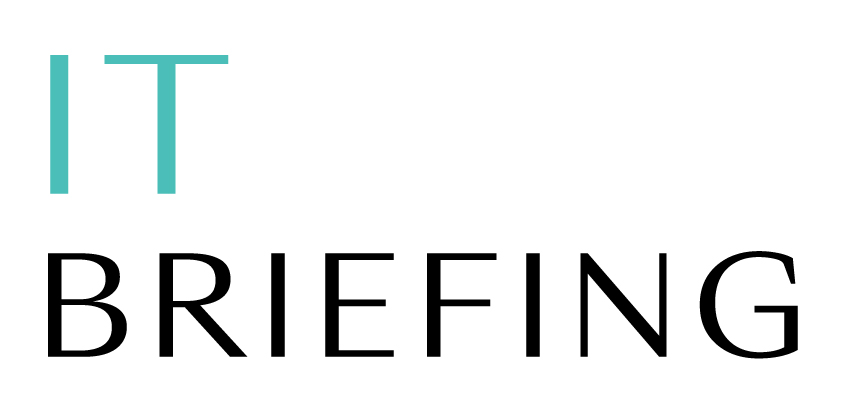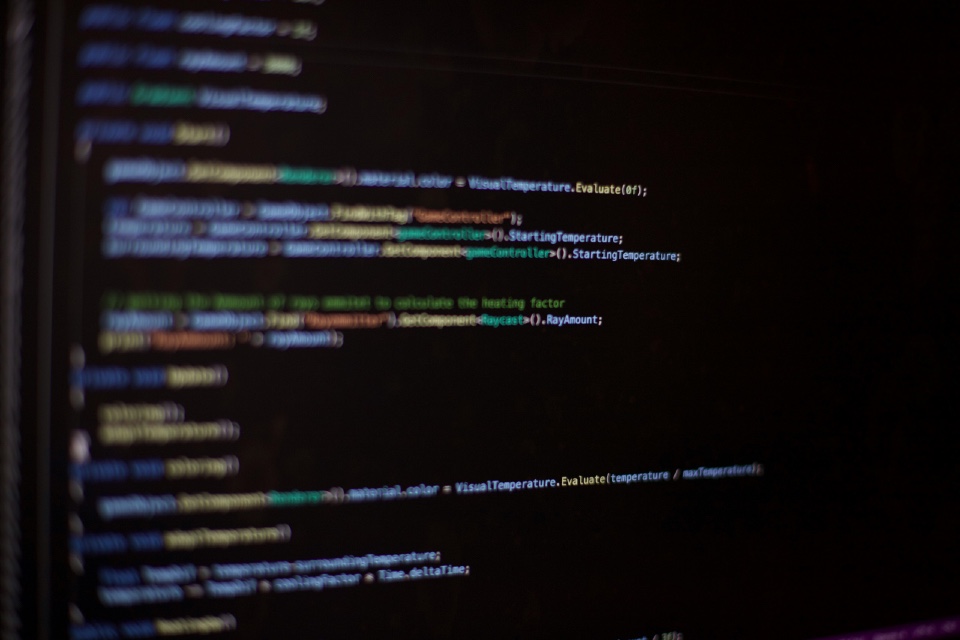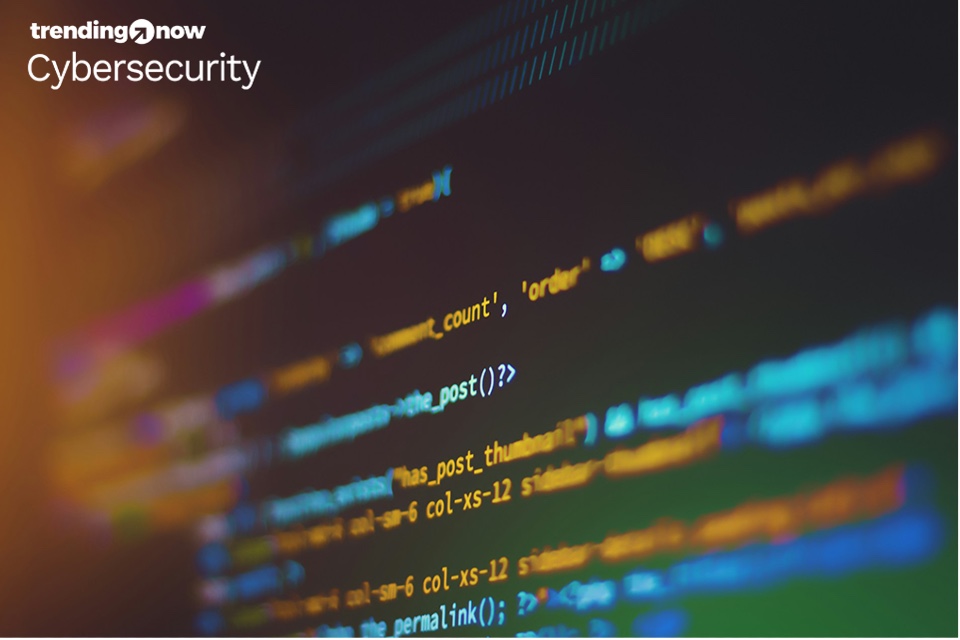Two thirds of MPs consider the compromise of critical national infrastructure to be the biggest cyber security threat facing the UK.
A year on from the cyber attack on parliamentary emails, a YouGov survey commissioned by NCC Group has gauged the opinions of MPs in the House of Commons with regards to their personal cyber security, the cyber risks associated with national security and societal wellbeing, and the consequences of a successful attack on parliament.
The results revealed that 62% of MPs across all regions, including 70% of Conservatives and 57% of Labour MPs, consider a compromise of critical national infrastructure to be the biggest risk.
Despite this common ground between MPs across parties on the threat to critical national infrastructure, the survey indicated divides with regards to the severity of other cyber threats. 42% of Conservatives said that they consider a compromise of nuclear capabilities to be one of the top two threats, compared to just 14% of Labour MPs, while 44% of Labour MPs considered democratic interference to be a significant threat, compared to 16% of Conservative MPs.
Alongside this, the survey highlighted that 75% of all MPs are concerned that a breach of their personal email could negatively affect the cyber security of the House of Commons, highlighting that most MPs understand the crucial role they personally play in enhancing the UK Parliament’s security posture.
It was also revealed that, in the event of a successful cyber attack, 73% of all MPs considered the breach of constituents’ privacy to be their biggest concern, alongside a leak of sensitive information relating to parliamentary business (46%).
These results have been released ahead of a meeting at the House of Commons, which addressed the cyber threats challenging the UK political landscape and outlined how MPs can best contribute towards tackling this growing threat.
Ollie Whitehouse, global chief technical officer at NCC Group: “It’s very positive to see that a majority of MPs are aware of the different threats we face and realise the gravitas of a successful attack, particularly with regards to our resilience as a nation.
“In recent years, the government has been proactive in implementing initiatives to strengthen the UK’s stance against evolving technical and geopolitical threats which attempt to compromise the integrity of our nations. MPs play a significant role in these initiatives, so it’s important to maintain continued education around modern threats and informed dialogue amongst all stakeholders. This will ensure that parliamentary staff at all levels understand the steps they need to take, in both their professional and personal lives, in order to address cyber risk head on.”





